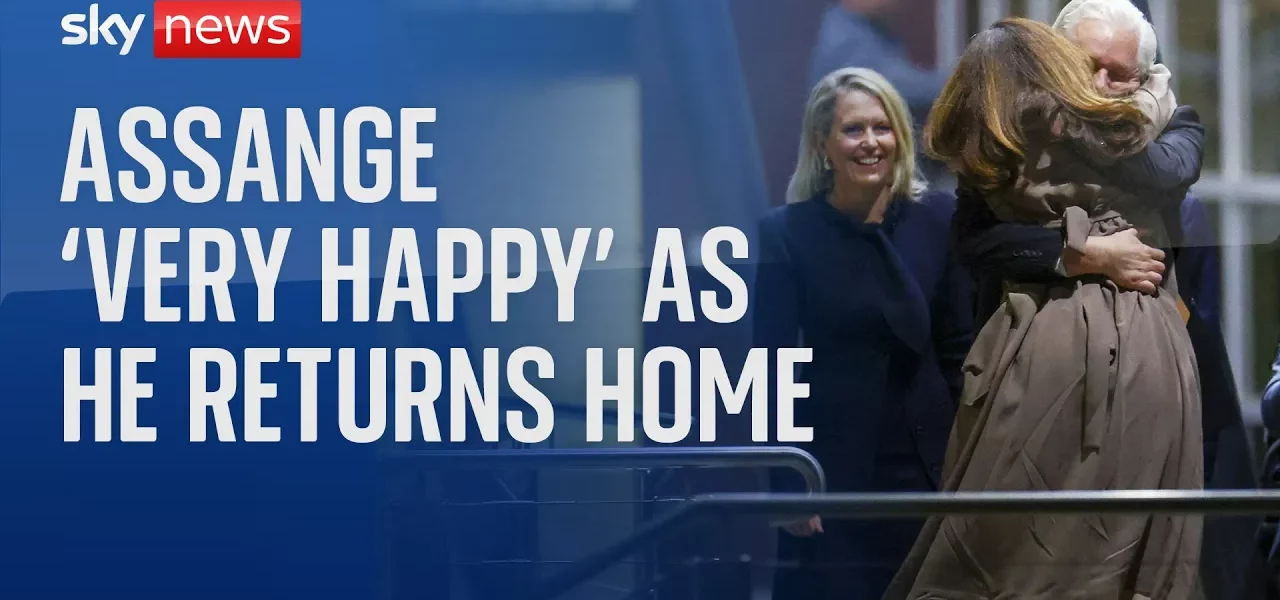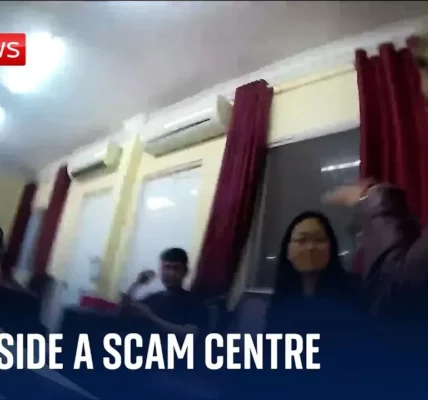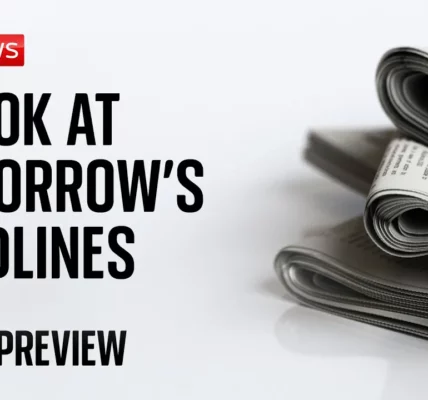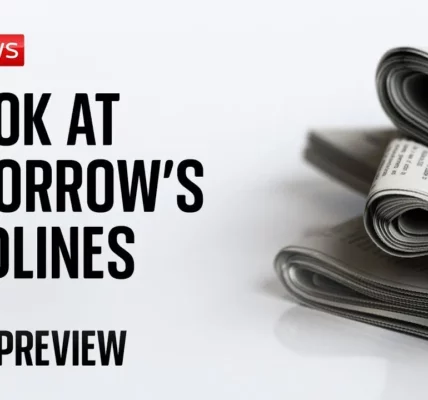Julian Assange’s Return to Australia: A New Chapter Begins

After 14 years of legal battles and international controversy, Julian Assange has finally returned to his homeland, Australia. This momentous occasion is marked by emotional reunions with his family and supporters, symbolizing not just his personal journey but also the ongoing dialogue about press freedom and government transparency.
Introduction
Julian Assange’s return to Australia is a significant event that resonates deeply with issues surrounding press freedom and governmental accountability. After years of fighting extradition to the United States on charges related to his work with WikiLeaks, the long-awaited moment of his homecoming has sparked joy, debate, and reflection among his supporters and critics alike. This article delves into the details of Assange’s return, the emotional reunions with his family, and the broader implications of his release for journalism and democracy.
Emotional Homecoming
Upon his return, Julian Assange was met with a passionate reception from his family and supporters. The emotional weight of the moment was palpable as he embraced his wife and father, marking the culmination of a long struggle for freedom.
Family Reunions
Assange’s reunion with his family was characterized by heartfelt expressions of love and relief. His wife expressed disbelief at the moment, stating, “It was unbelievable; this is real.” The joy of being reunited with his children after so many years was a defining aspect of his return.
Supporters’ Response
Supporters gathered to welcome Assange back, emphasizing the importance of teamwork and collective effort in securing his freedom. This moment was not just a personal victory for Assange but a victory for press freedom and the right to inform the public.
- Emotional reunions highlight the personal impact of his legal battles.
- Supporters view Assange’s return as a triumph over governmental overreach.
- The event serves as a rallying point for advocates of press freedom.
Legal Battles and Implications
Assange’s legal journey has been fraught with challenges, culminating in a guilty plea in a US court for charges related to conspiracy to obtain and disclose national defense information. This plea, while seen as a compromise, has raised significant questions about the future of press freedom.
The Guilty Plea
While Assange’s admission of guilt on one charge may appear as a setback, his legal team views it as a critical win for press freedom. The implications of this case extend beyond Assange himself, affecting journalists and whistleblowers worldwide.
Press Freedom at Stake
Assange’s case has ignited a global conversation about the rights of journalists and the ethical responsibilities of governments. His wife has urged the press to unite in pushing back against the precedent set by his prosecution, emphasizing the potential chilling effect on investigative journalism.
- Assange’s case highlights the tension between national security and press freedom.
- The outcome could set a precedent for future cases involving journalists and whistleblowers.
- Public and media advocacy is essential in safeguarding journalistic rights.
Criticism and Controversy
Despite the celebrations surrounding Assange’s return, his legacy remains contentious. Critics argue that his actions have endangered lives and compromised national security, particularly in conflict zones such as Iraq and Afghanistan.
Reckless Anarchist vs. Whistleblower
Assange inspires polarized opinions. To some, he is a reckless anarchist who put lives at risk by leaking state secrets. To others, he is a courageous whistleblower who exposed governmental wrongdoing and championed transparency.
The Broader Impact
Assange’s case is emblematic of larger issues regarding government transparency and accountability. As discussions continue, the public must grapple with the complexities of whistleblowing and the ethical considerations involved.
Conclusion
Julian Assange’s return to Australia marks a pivotal moment not only for him personally but also for the ongoing battle for press freedom and governmental accountability. As he begins to heal and reconnect with his family, the implications of his case will continue to resonate within the realms of journalism and civil liberties. It is a call to action for journalists and advocates alike to unite and protect the rights that are essential for a democratic society. The journey is far from over, and the pressing question remains: what does the future hold for press freedom in the wake of Assange’s release?
For more insights into the implications of Assange’s case, read our articles on press freedom and whistleblowing ethics.
“`




